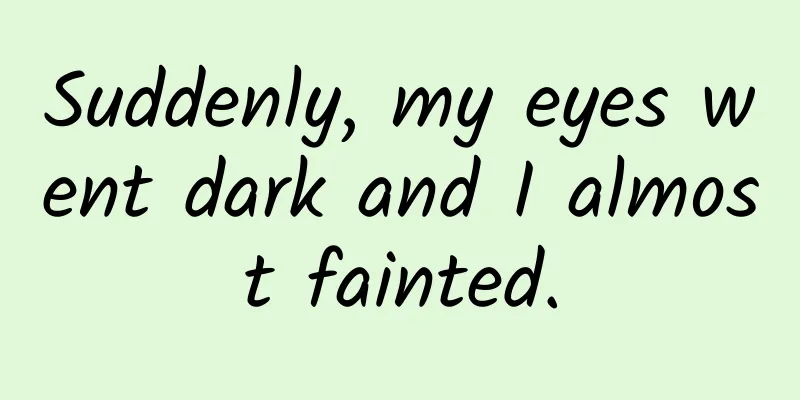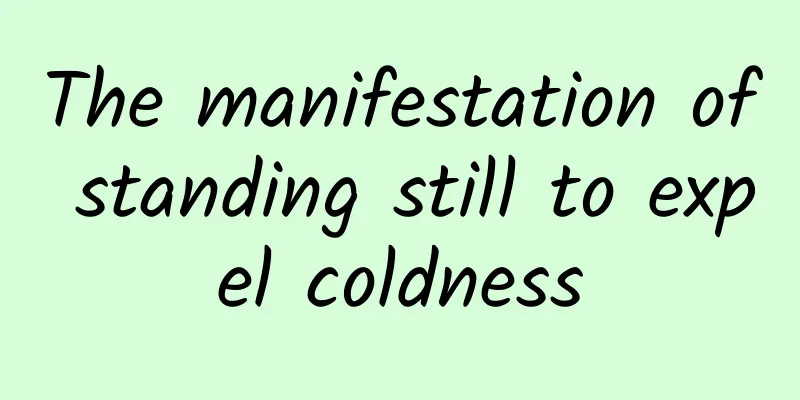Can I still drink Chinese medicine if it is mushy?

|
Some people get the Chinese medicine mushy when they boil it for the first time, so can we still drink it if it is boiled into a mushy state? What Chinese medicine is particularly easy to get boiled into a mushy state? Traditional Chinese medicine points out that if the Chinese medicine is boiled into a mushy state and taken again, not only will the desired therapeutic effect not be achieved, but sometimes it may even be counterproductive. If Chinese herbal medicine is boiled into a paste, especially after carbonization, its medicinal effect will change, and some will even produce substances harmful to the human body. If you take it again, not only will you fail to achieve the desired therapeutic effect, but sometimes it may even be counterproductive. For example, Schizonepeta has the effects of tonifying deficiency, dispelling cold, and clearing rash. If it is boiled for a long time, its ingredients will evaporate. If it is burnt and turns into Schizonepeta charcoal, it will lose its surface-regulating effect and affect the blood circulation effect. For example, Puhuang is commonly used to promote blood circulation and remove blood stasis, while Puhuang charcoal after being boiled into a paste can promote blood circulation, with the opposite effect. Generally speaking, herbs with high starch content and seed-based Chinese herbal medicines containing protein and mucus should be carefully prepared when decocted, because they are relatively easier to become mushy, such as: raw rehmannia, cooked rehmannia, Chinese yam, adenophora, and plantain seed. In addition to the reasons of the medicine itself, there are several other important reasons for Chinese herbal medicine to become mushy: The first step is to release the water flow. If too much water is used when boiling Chinese medicine, it will increase the decoction time and make medicines that are not suitable for long-term boiling ineffective. What's more, if there is too much medicine juice, it is impossible for the patient to drink it all; if too little water is used, the medicinal ingredients will not be easy to boil together and it is very, very easy to become mushy. Before decocting Chinese herbal medicines, it is best to soak them in cold water for 20-30 minutes, with the surface of the medicine soaked for 1-3 cm. For medicines that are used in large quantities or are loose and hygroscopic, the amount of water required can be appropriately increased. The second is the frying time and the size of the fire point. Generally, the decoction can be boiled over high heat and then simmered over low heat for about 30 minutes. However, antipyretics, heat-clearing drugs, and aromatic drugs are not suitable for long-term decoction. Generally, they can be decocted 15 to 20 minutes after the medicine is boiled. Do you know if you can still drink Chinese herbal medicine if it is boiled into a mushy state? The decocting time of tonic medicine needs to be slightly longer. Generally, after the fire is boiled, it is simmered over low heat for 40-60 minutes. During the period, it should be stirred 2-3 times at intervals to prevent it from becoming mushy. |
<<: The efficacy and contraindications of dog spine
>>: What does "five labors and seven injuries" mean?
Recommend
Pharmacological effects of Acanthopanax rubra
There are many common medicines in life. When cho...
Maximum dosage of Curculigo
The dosage of the medicinal material Curculigo is...
Is it okay to do thread sculpture?
Nowadays, many people are obsessed with plastic s...
Facial seborrheic dermatitis treatment
The skin is the largest organ in our human body. ...
Is it useful for pregnant women with anemia to eat red dates?
Anemia is a disease that is very harmful to the b...
Ligustrum lucidum and Astragalus membranaceus improve immunity
Most people know that Chinese herbal medicine is ...
Best treatment for frozen shoulder
Have you felt pain around your shoulders and neck...
My eyes itch as if bugs are crawling in them
Sometimes my eyes feel dry and itchy, and I alway...
Can kidney deficiency cause insomnia? What to eat for insomnia caused by kidney deficiency
In daily life, insomnia is a common symptom for m...
How is dental calculus formed?
Tartar is a layer of calcium salt deposits coveri...
What are the drugs for replenishing qi and blood?
Tonifying qi and blood is a very important part o...
Why do I often fart after taking Chinese medicine?
Some patients with chronic diseases often choose ...
How to remove nasolabial folds? What are the methods?
When people reach a certain age, they will have n...
What causes blisters when cupping?
Cupping is part of traditional Chinese medicine a...
Children's lung-clearing recipes, choose these three most reliable
For parents, when they prepare menus for children...









